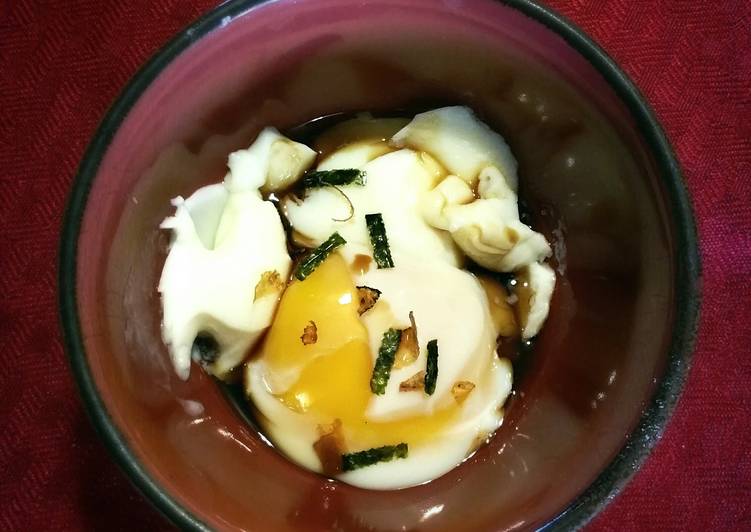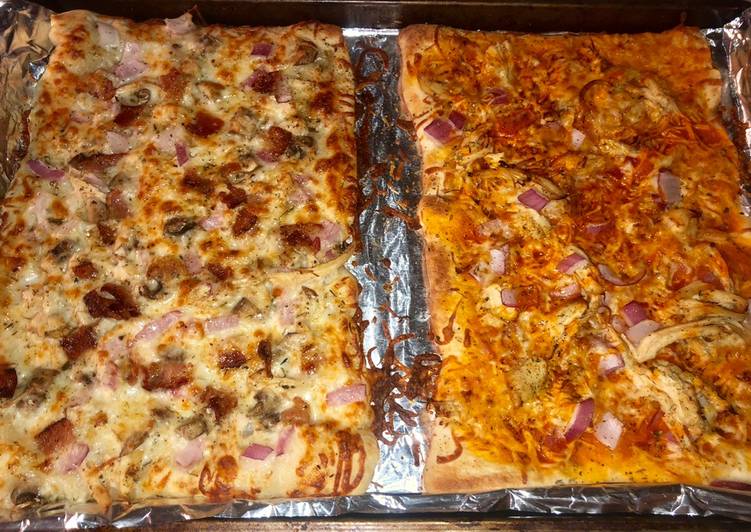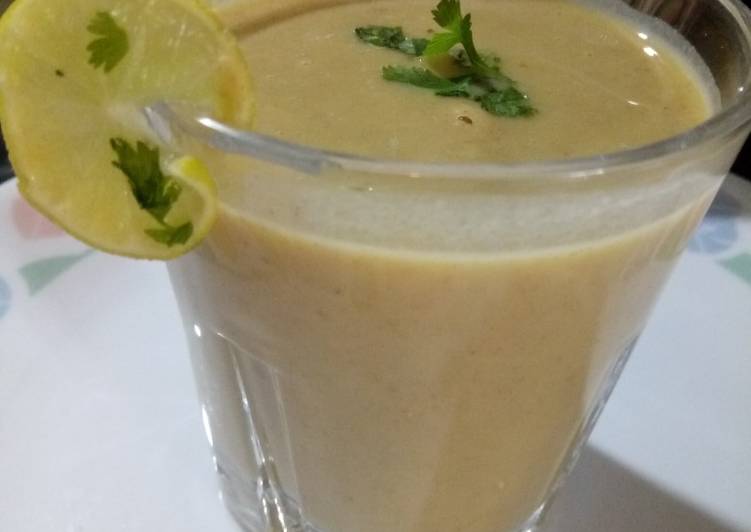
Hey everyone, it is Brad, welcome to our recipe site. Today, I’m gonna show you how to prepare a distinctive dish, onsen tamago. One of my favorites food recipes. This time, I’m gonna make it a bit unique. This will be really delicious.
Onsen Tamago literally means 'hot spring eggs' in Japanese. It refers to eggs that were originally prepared in hot spring water to create silky egg whites and custard-like yolk. Originally prepared in hot spring water in Japan, this delicious egg recipe with soft silk egg whites and custard like yolk is easy to make at home.
Onsen Tamago is one of the most well liked of recent trending meals in the world. It is appreciated by millions daily. It’s simple, it is quick, it tastes delicious. They’re nice and they look wonderful. Onsen Tamago is something that I’ve loved my entire life.
To begin with this recipe, we have to prepare a few components. You can have onsen tamago using 5 ingredients and 8 steps. Here is how you cook that.
The ingredients needed to make Onsen Tamago:
- Make ready Ingredients
- Take 4 cup water
- Prepare 1 tbsp cornstarch
- Prepare 1 tbsp water
- Take 2 large eggs
Since Japan sits on top of a giant volcano, there are hot springs all over the place. Some of these hot springs happen to. Onsen Tamago (Hot Spring Eggs) are poached or soft cooked eggs in warm water. They have a soft creamy consistency delicious eaten with rice or noodles.
Instructions to make Onsen Tamago:
- Make a slurry of 1 tablespoon of water and 1 tablespoon of cornstarch. Mix well and set aside.
- In a small sauce pan, bring 4 cups of water to a boil.
- Once the water has come to a boil, remove from heat. Mix in the cornstarch slurry. Add the 2 eggs and cover with a lid. Allow to sit for 8 minutes.
- Remove eggs from the sauce pan with a slotted spoon and briefly rinse them in cold water. (Just enough so they are cool to the touch)
- Crack the eggs on the side of a bowl and split them apart. The whites and yolks should fall right into the bowl. (If the egg whites stick to the shell, don't worry, you can scoop them out with a spoon. They are still velvety)
- Congratulations! You just made your Onsen Tamago! Add them to your favorite dish or have them for breakfast or a snack. I like to put a couple dashes of light soy sauce and a sprinkle of noritamago furake. whispers …and then I spoon it over toast….but don't tell anybody. blush
- Cooks Notes: You may be wondering why we add cornstarch to the boiling water. Remember, we are trying to recreate the conditions of an Onsen (hot spring) which has an ambient water temperature of around 145°F. Since we are heating our water to boiling (212°F at sea level), we use the cornstarch to keep the heat from convecting into eggs too quickly.
- Cooks Notes: While a cooking time of 8 minutes works for me, it may not work perfectly for you. We live at 13 feet above sea level. If you are at a higher altitude, you probably will have to adjust the cooking time accordingly. Basically you will need to experiment. It would be great if folks could post their altitudes and cooking times on here to help others.
Onsen tamago (Japanese: 温泉卵 or 温泉玉子 ) is a traditional Japanese low temperature egg which is originally slow cooked in the water of onsen hot Onsen tamago. Traditionally, onsen tamago are eggs placed in a rope net and then dropped into a hot spring. Tamago Onsen (Onsen Tamago (Hotsprings Egg)) (usually referred to as simply Tama or Tama-chan) is a Hot Springs Turtle that, due to his popularity, serves as the unofficial animal mascot of the Love Hina series alongside Liddo-kun. Other Names 温泉玉子 hs_egg yusuke_(onsen_tamago) ゆすけ onsen_tamago hsegg. In Japan, 'Tamago' is the word for 'egg', whereas 'Onsen' refers to the hot geothermal springs throughout the country.
So that’s going to wrap this up with this exceptional food onsen tamago recipe. Thank you very much for reading. I am sure that you will make this at home. There’s gonna be interesting food at home recipes coming up. Remember to save this page in your browser, and share it to your family, colleague and friends. Thanks again for reading. Go on get cooking!


